Colorectal Cancer: a background
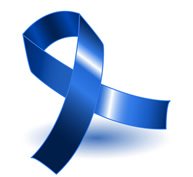 Colorectal Cancer is the second leading cancer killer in the United States. Early stages of colorectal cancer may not have any signs or symptoms. Colorectal cancer screenings help prevent this disease and saves lives through early detection and treatment. It is recommended by the Centers for Disease Control that all people over 45 get screened for colon cancer. This is because 90% of colorectal cancer is found in people over 50.
Colorectal Cancer is the second leading cancer killer in the United States. Early stages of colorectal cancer may not have any signs or symptoms. Colorectal cancer screenings help prevent this disease and saves lives through early detection and treatment. It is recommended by the Centers for Disease Control that all people over 45 get screened for colon cancer. This is because 90% of colorectal cancer is found in people over 50.
Call us at 443-523-1700 for more information on free cancer screenings for individuals without insurance.
what is colorectal cancer?
- Often starts as a polyp, or tissue growth, in the colon or rectum that can grow to become cancer
- When found early, it can be cured. You can prevent colorectal cancer by exercising regularly, not smoking, and eating healthy foods like fruits, vegetables, and whole grains
- A colonoscopy is the best test to find colorectal cancer
Are you at risk?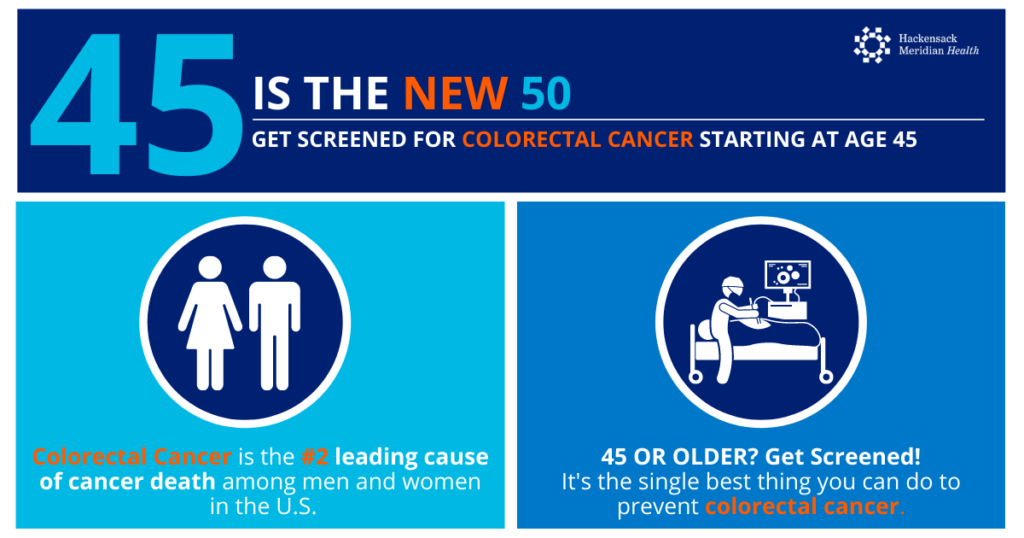
- Older than 45
- Have a history of polyps or colorectal cancer
- Have a family member with a history of colorectal cancer
- Have Inflammatory Bowel Disease (Ulcerative colitis and Crohn’s disease)
Possible symptoms of Colorectal Cancer
- Bloody stool
- Changes in the size of the stool or constipation
- Unexplained weight loss
- Lump in abdomen
What is colonoscopy?
- It is when a flexible tube is used to look at the whole colon from the inside. The doctor looks for polyps that could turn into cancer and removes them
You may qualify for a colonoscopy at no cost to you if:
- Have no health insurance or no health insurance that covers screening for colorectal cancer
- Are between the ages of 45-64 (younger than 50 if you or a family member has a history of colorectal cancer or polyps or anyone experiencing symptoms)
- Are a Somerset County resident
Call 443-523-1700 today to see if you qualify for a colonoscopy at no cost to you.
breast cancer: a background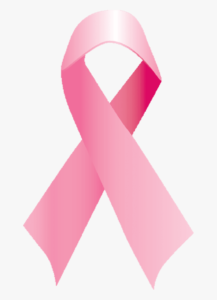
Each year in the United States, about 264,000 cases of breast cancer are diagnosed in women and about 2,400 in men. About 42,000 women and 500 men in the U.S. die each year from breast cancer. Black women have a higher rate of death from breast cancer than White women.
what is breast cancer?
- Breast cancer is a disease in which cells in the breast grow out of control. There are different kinds of breast cancer. The kind of breast cancer depends on which cells in the breast turn into cancer.
- Breast cancer can begin in different parts of the breast. A breast is made up of three main parts: lobules, ducts, and connective tissue. The lobules are the glands that produce milk. The ducts are tubes that carry milk to the nipple. The connective tissue (which consists of fibrous and fatty tissue) surrounds and holds everything together. Most breast cancers begin in the ducts or lobules.
- Breast cancer can spread outside the breast through blood vessels and lymph vessels. When breast cancer spreads to other parts of the body, it is said to have metastasized.
are you at risk?
- Getting older
- Genetic mutations
- Reproductive history
- Having dense breasts
- Personal history of breast cancer or certain non-cancerous breast diseases
- Family history of breast or ovarian cancer
- Previous treatment using radiation therapy
- Exposure to the drug diethylstilbestrol (DES)
what risk factors can you change?
- Not being physically active
- Being overweight or having obesity after menopause
- Taking hormones
- Reproductive history
- Drinking alcohol
Possible symptoms of breast cancer
- New lump in the breast or underarm (armpit).
- Thickening or swelling of part of the breast.
- Irritation or dimpling of breast skin.
- Redness or flaky skin in the nipple area or the breast.
- Pulling in of the nipple or pain in the nipple area.
- Nipple discharge other than breast milk, including blood.
- Any change in the size or the shape of the breast.
- Pain in any area of the breast.
cervical cancer: a background 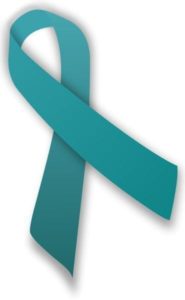
All women are at risk for cervical cancer. It occurs most often in women over age 30. Long-lasting infection with certain types of human papillomavirus (HPV) is the main cause of cervical cancer. HPV is a common virus that is passed from one person to another during sex. At least half of sexually active people will have HPV at some point in their lives, but few women will get cervical cancer.
Screening tests and the HPV vaccine can help prevent cervical cancer. When cervical cancer is found early, it is highly treatable and associated with long survival and good quality of life.
what is cervical cancer?
- Cancer is a disease in which cells in the body grow out of control. Cancer is always named for the part of the body where it starts, even if it spreads to other body parts later. When cancer starts in the cervix, it is called cervical cancer. The cervix connects the vagina (birth canal) to the upper part of the uterus. The uterus (or womb) is where a baby grows when a woman is pregnant.
Are you at risk?
- Almost all cervical cancers are caused by human papillomavirus (HPV), a common virus that can be passed from one person to another during sex.
- Having HIV (the virus that causes AIDS) or another condition that makes it hard for your body to fight off health problems.
- Smoking.
- Using birth control pills for a long time (five or more years).
- Having given birth to three or more children.
- Having several sexual partners
Possible symptoms of cervical cancer
- Early on, cervical cancer may not cause signs and symptoms. Advanced cervical cancer may cause bleeding or discharge from the vagina that is not normal for you, such as bleeding after sex. If you have any of these signs, see your doctor. They may be caused by something other than cancer, but the only way to know is to see your doctor.
Maryland Breast and Cervical Cancer Program (BCCP) on the Eastern Shore
Do you, or someone you know, on the Eastern Shore need to be screened for cancer? The Maryland BCCP on the Eastern Shore provides breast and cervical cancer screenings at NO COST to women across the shore who meet program eligibility guidelines:
- Live in a Maryland Eastern Shore County;
- Are 40—64 years old, (or if you are over age 65 and do not have Medicare Part B);
- Have limited income;
- Have no health insurance or insurance that does not completely pay for breast exams, mammograms, Pap or HPV tests or follow-up testing.
If you are eligible, the following services will be provided by doctors, clinics and hospitals in your local county:
- Breast Exams
- Mammograms
- Pap and HPV Tests
- And more!
The three programs listed below coordinate breast and cervical cancer screening services for all Eastern Shore residents. Please contact one of the three programs for more information about no cost screenings and to schedule your appointment.
Upper Shore Region
Kent County Health Department
125 S. Lynchburg Street
Chestertown, MD 21620
410-778-7970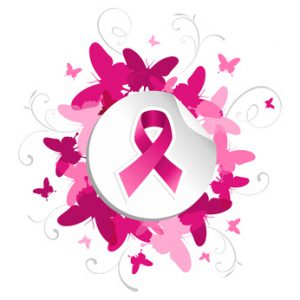
Mid-Shore Region
Caroline County Health Department
403 S. 7th Street, Rm 268
Denton, MD 21629
410-479-8080
Lower Shore Region
Wicomico County Health Department
108 East Main Street
Salisbury, MD 21801
410-548-5175
more information:
https://www.cancer.org/cancer/breast-cancer.html


